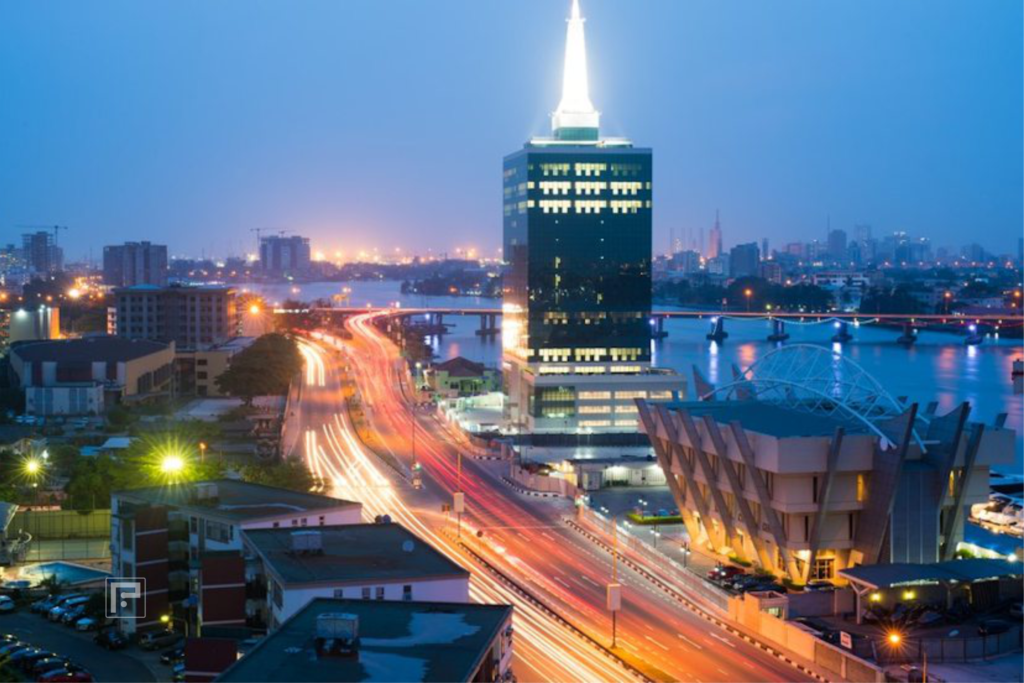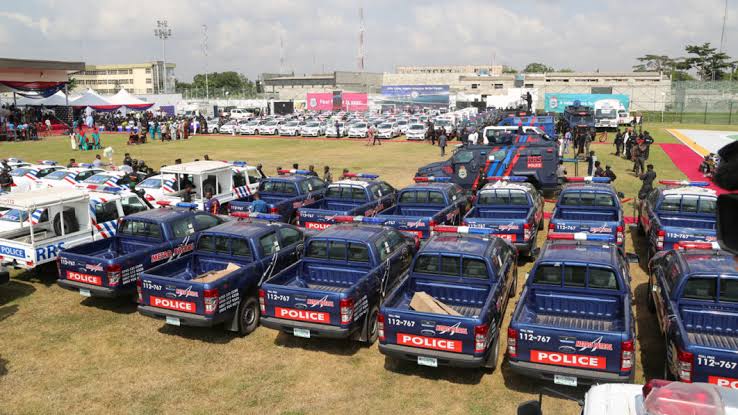By Segun Ajayi

Not a few Lagosians chorused hurray when Time Out Group, a British Media and Hospitality company, recently ranked Lagos 19th among 20 world best cities to live in. Prior to the Time Out assessment, only a few Nigerians could have pitted the nation’s commercial capital against great cities like New York, London, Tokyo, Chicago, Paris, Cape Town in a ‘Most Livable City’ contest. But amazingly in January this year, Lagos did the unprecedented. Had Time Out index been extended to 50, Lagos was a better habitable city compared to Naples (Italy), Singapore, Miami, Dubai, Montreal (Canada) and Hong Kong.
So, how did Lagos, hitherto tagged Nigeria’s crime, haven pull this through? A reappraisal of Time Out criteria revealed the feat was not unconnected with the city’s hospitality and tourism potentials vis-a-vis the peace and safety of the environment. From the mainland through the Island, Lagos has continued to deliver a trifecta of hospitable services, swanky beach resorts and exotic nightlife. Give it to the city and its resilience, Lagos also caught global attention after it pulled through Covid 19 pandemic to become tourists’ delight. Would this have been actualised had the city not responded swiftly to the plaque and the violent protest that followed the shootings at Lekki toll gate on 20th October 2020? How can we forget so soon, the loss of policemen and other security infrastructure to that ravaging #endsars riots?
Regrettably, the losses created a lacuna in the security space and it was estimated to require a whooping N30 billion conservatively, to replace the vandalised assets. Among the assets are police posts that had to be rebuilt, ballistic gears, armoured personnel carriers, communication gadgets, patrol vehicles, anti-riot equipment that had to be replaced. Also critical to effective policing of Lagos and maintenance of her peaceful atmosphere is adequate funding for fueling of police patrol vans, personnel welfare, training, equipment procurement and maintenance, among other essentials. This is where Lagos State Security Trust Fund (LSSTF) comes in to bridge the funding gap. Established by law of the Lagos State House of Assembly in 2007, the LSSTF is a Public-Private Partnership initiative with the mandate to source for resources (cash or kind) to improve the operational capacity of security operatives in the state.

Historically, LSSTF was consequent to the finding of a Security Committee headed by former Inspector General of Police, Alhaji Musiliu Smith, a Lagosian. The committee revealed that deficiencies in crime prevention boiled down to only one thing, funding. It has been discovered that when security operations are well funded and the operatives properly equipped, their responses to crime scenes will improve considerably. Interestingly, since the inception of LSSTF, the results have been there for all to see. Available statistics show the crime rate in the state has reduced since the establishment of the Fund. Last November, for instance, the state celebrated four years of zero bank robbery even as cult clashes and gang wars, hitherto commonplace, have declined remarkably. Even at that, more deployment is required to curb sporadic incidents of traffic and bus robbery dubbed “one chance” and the menace of “area boys”. These dividends of a robustly-funded security architecture would not have been possible without an institutionalised body like LSSTF and inspired by Governor Babajide Sanwo-Olu who served as a member of the board at inception .
Flash back to 12th December 2023 during the 17th Annual Town Hall Meeting of LSSTF, Sanwo-Olu pledged N7 billion as part of the state’s planned support for the donor-funded model. Also included in the package, according the governor, was the provision of 300 operational vehicles to boost logistic operations of security operatives. The governor’s pledge also received a boost from oil industry magnate, Mr. Femi Otedola, who presented a cheque of NI billion to support of the fund.
From the vantage position of a security expert, Executive Secretary/CEO of the Fund, Dr. Abdurrazaq Balogun highlighted some of the challenges of the Fund. According to him, being a donor-funded model regrettably limits LSSTF’s effectiveness due to unpredictability of responses from individuals and corporate organisations. “It’s important to acknowledge that security entails recurrent expenditure and that comes with a hefty price tag. A donation of N1 billion Naira for instance, hefty though, may only suffice for around 20 patrol vehicles. Would someone then say $1 billion donation is a paltry sum given the burden of maintaining the security strata in the state”. To break it down, the state’s security architecture has the Rapid Respond Squad, the intervention force at the Governor’s office; and men of the OP MESA. One should not leave out the 6,000 men of the Lagos Neighborhood Safety Corps of the security strata.
Aside the combat units, there exists a long-standing collaboration between Lagos and federal agencies like the Department of State Security, Nigerian Immigration Service, and the Nigerian Customs Service in the area of intelligent gathering. The LSSTF model is what other states have adopted even though sustaining it won’t come cheap. In complementing the efforts of some corporate concerns and notable individuals, personal donations, however paltry will go a long way in engendering a crime-free Lagos, Balogun always pleaded.
The maxim, “security is everyone’s responsibility” indeed applies in Sanwo-Olu’s Lagos.